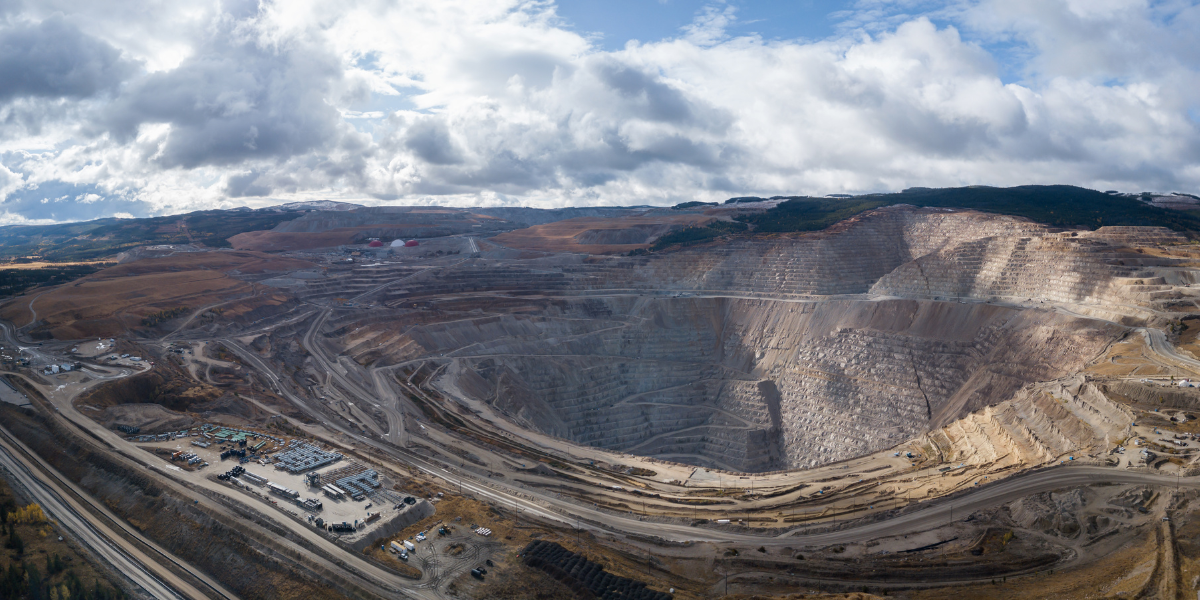
Construction is a high-risk industry, and if your company isn't properly insured, you could face a lot of financial difficulties. Damaged equipment, worker injuries, and other unexpected costs can quickly drain the budget. Luckily, there are several types of construction insurance that can help manage these risks.Labour Shortages & Productivity IssuesThe first risk that construction companies face is a labour shortage. This can be caused by any of the factors listed below:
- Increased demand for labour (for example, increased workloads due to a larger project or work more projects at once)
- Lack of skilled workers (for example, engineers may not have the skills needed to complete an essential part of a project)
- Immigration restrictions (for example, if there are too many foreign workers in an area already, then new ones will not be allowed in)
- Lack of work experience or training (if someone is inexperienced and untrained, they may make mistakes that cause damage to equipment or injure themselves)
In some cases, the construction industry may be affected by a labour shortage. This is usually because there are more jobs than workers available, which means that companies must compete for talent.This can cause wages to go up, which makes it more expensive for companies to hire workers. In some cases, this can cause them to decide not to take on any new projects at all. If a shortage is caused by something like a natural disaster, the business could be protected under business interruption insurance. Your business interruption insurance could pay out for extra costs to keep your business running or the amount of money you could not earn because your business closed.

Worker and third-party injuriesThe first thing to know about workers compensation insurance is that it's not just for construction companies. Workers' compensation is a type of insurance that covers medical expenses and lost wages if you get hurt on the job. Many people think it only applies to people who work in the construction industry, but they're wrong! If you have an employee who comes into contact with customers, then you probably need workers' compensation coverage.Public liability insurance can cover your business in the event of a third party being injured or their property damaged on site.While some policies have different caveats built in, there are several events which are universally not covered by public liability insurance.
- Acts by you or your employees that purposefully cause property damage or personal injury
- Acts considered unlawful
- Damage to your or your employee’s personal property
- Personal injury to you or your employees
Subcontractor Default Subcontractor default is the risk that a contractor's subcontractor or supplier will fail to perform their contractual obligations. For example, let's say you have a contract to build a house for someone. You hire an electrician to wire the house and he then hires an electrician from another company who will wire the house for him. But if that second company can't complete its work because it doesn't have enough workers or equipment, then your job could be at stake due to this subcontractor default risk.What are some ways to protect yourself against this type of liability? One way is through Subcontractor Default Insurance Coverage - which applies when one part of your project fails because another party isn't fulfilling their responsibilities under their contract with you (i.e., if they don't have enough qualified workers).The most common type of subcontractor default insurance is Contract Bond Insurance. This type of insurance coverage helps protect you if a subcontractor fails to complete the work they promised. If a subcontractor defaults on their obligations to you, then this type of policy can reimburse you for any losses as well as pay for legal fees and other expenses related to recovering your loss through legal means.Contact us for more information on subcontractor default insurance.

Equipment damage and theftYou'll want to make sure you have the right insurance coverage in place for your equipment so that if it is damaged or stolen, you're covered. Here are some of the most common types of insurance available to protect against equipment damage and theft: Equipment Breakdown Insurance: This policy will cover the cost of repairing or replacing broken equipment, tools, and machinery if they fail during normal use on site. It also includes coverage for commercial trucks used to transport materials and tools on job sites. Equipment Theft Insurance: This policy covers losses due to theft of equipment from a job site, including tools and machinery used for construction projects as well as equipment used by subcontractors or suppliers.A plant and Equipment policy will protect your stationary and mobile equipment from theft, accidental damage, and breakdown. Companies of all types that deal with heavy or specialised equipment should consider such a policy. In some cases, equipment damaged or stolen on site can be covered under a general property insurance policy.Faulty work and missed deadlines Not meeting deadlines or producing faulty work can be a serious issue for contractors, as it can lead to loss of profits and revenue. You can use insurance policies to cover this risk. Professional indemnity insurance can help to pay your legal fees if sued for negligence by a client due to a delay in construction, an unfinished project, or unsatisfactory work. Your business should fully comply with building codes and regulations to reduce your overall risk. Managing Risks in construction Construction companies face a variety of risks. The following are some examples:
- Financial loss due to damage or destruction of property/materials during construction
- Payment of penalties and interest if you fail to meet certain contractual obligations, such as completing a project on time or within budget
- Liability claims related to injuries suffered by subcontractors or workers on your team, including those from third parties who may be injured by an unsafe site condition created by you (this is why it's important to keep your site safe at all times)
- Uninsured losses for which you are legally liable with no coverage in place (this might include an uncapped contract clause where the client does not cover liability beyond a certain amount)
- Injury of a worker or third party
- Third party property damage
Whether you’re a small contractor or a large company, it’s important to manage risks in construction. The good news is that insurance can protect you from these costs. By taking the time to understand your risks and the types of insurance available, you can ensure that your business stays protected and profitable. Contact us today to make sure your business is covered.






.svg)




